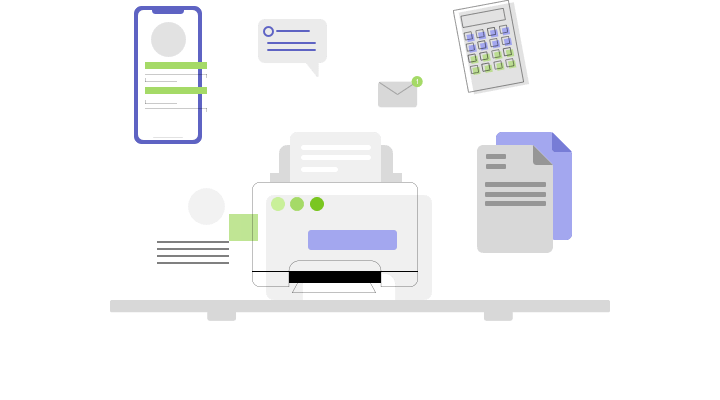
When the lease term is done, the liability is complete because you paid the entirety of the lease. On the other hand, the mortgage for the property is a liability in your books. The property you purchase is a long-term asset that you can grow in value over the years you own it. The cost of the property is spread out over Catch Up Bookkeeping time instead of one year.
Treasury Management
It’s basically an accounting estimate where the probability of the contingent situation determines the liability amount. Determining the amount of contingency is also a step-by-step process. It covers guarantees of debts, liquidated damages, government probes, and lawsuits. This article will clarify all your doubts regarding expenses and liability accounting and explain to you how to manage your accounts with a clear insight.
- Accounts payable is a liability that represents money a company owes its suppliers for goods and services it has received.
- They help in daily operations but don’t turn into cash quickly.
- In contrast, a liability is a financial obligation or debt owed by a company to external parties, showcasing claims against the company’s assets.
- These include operational expenses like salaries, office supplies, and marketing costs.
- HighRadius stands out as an IDC MarketScape Leader for AR Automation Software, serving both large and midsized businesses.
Tools for Tracking Your Finances
For example, companies may take out loans to invest in profitable difference between expenses and liabilities ventures, such as expanding into new markets or launching new products. If these ventures succeed, the liabilities will be more than offset by the increased revenues. In this case, the company has successfully generated a profit of $30,000 after covering its expenses.

Havanese vs. Maltese: Key Differences in Small Dog Breeds

Lenders may offer better terms when they see strong ratios and a stable balance sheet. These are tied to daily business operations or urgent bills. They can help grow your wealth or provide financial security over time. CFI is the global institution behind the financial modeling and valuation analyst FMVA® Designation. CFI is on a mission to enable anyone to be a great financial analyst and have a great career path. In order to help you advance your career, CFI has compiled many resources to assist you along the path.
- The point of accrual accounting is to create an accurate picture of a company’s health.
- A technology company spends $10 million annually on research and development (R&D).
- When in doubt, please consult your lawyer tax, or compliance professional for counsel.
- The information provided on this blog is for general informational purposes only, and should not be construed as business, legal, tax, accounting or financial advice.
- You pay long-term liabilities over a period that is longer than one year.
Record liabilities

On a balance sheet, liabilities are listed QuickBooks according to the time when the obligation is due. In addition, liabilities impact the company’s liquidity and, in the case of debt, capital structure. Equity is a crucial part of the business’s relationship between assets and liabilities.
- Along with sorting expenses and liabilities on your balance sheet, you will need to differentiate between long- and short-term liabilities.
- A liability is money owed in the future, while an expense is a cost incurred to help the business run smoothly and generate revenue.
- Liabilities are the obligations and debts that a company owes.
- If your total assets are $150,000 and liabilities are $70,000, your equity is $80,000.
- Prepaid expenses like insurance should also be used wisely to reduce future costs and save money.
- On their balance sheets, companies may also list deferred revenue or accounts payable as liabilities.